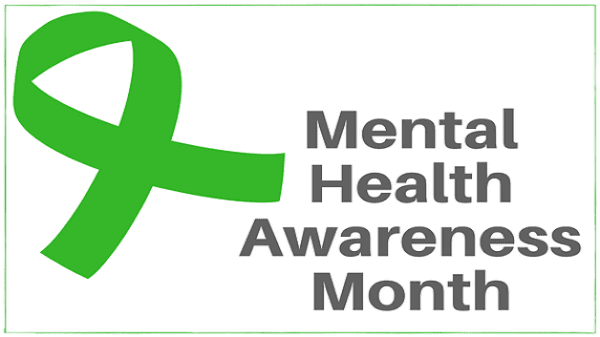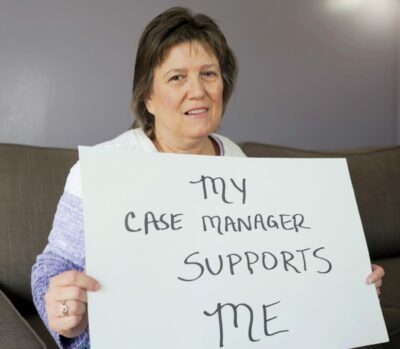May is Mental Health Awareness Month.
Why Care?

To create dialogue, reduce stigma, and prompt action regarding mental health, the National Alliance on Mental Illness has launched their “Why Care?” initiative, challenging everyone, including us at DuPagePads, to come up with answers.
We care, why should YOU?
At DuPagePads, we know that mental illness and homelessness are closely linked. Studies show that 26% of those staying in a shelter have a SMI.
we know that mental illness and homelessness are closely linked. Studies show that 26% of those staying in a shelter have a SMI.
Some people experiencing homelessness that have a SMI do not enter shelters during, instead remaining on the streets.
Trauma and complications of homelessness are significant barriers to recovery; finding and maintaining housing and community reintegration is harder when someone is experiencing a SMI.
community reintegration is harder when someone is experiencing a SMI.
Ending homelessness means caring; providing what is “necessary for the health, welfare, maintenance, and protection” (Oxford Dictionary) for the whole person. Caring addresses concerns that make people particularly vulnerable.
For clients experiencing a SMI, DuPagePads provides basic needs and specialized support. Starting with genuine respect and warmth provided by staff and volunteers at our Interim (Overnight) Housing sites and Client Service Center.
basic needs and specialized support. Starting with genuine respect and warmth provided by staff and volunteers at our Interim (Overnight) Housing sites and Client Service Center.
For the unsheltered homeless individuals and families sleeping outside, in cars, at local train stations or bus stops, we have a Street Outreach team responding to their unique needs.
The DuPagePads Supportive Housing program prioritizes families and individuals who are chronically homeless and suffer from a disability. This includes providing in-home support and collaborations with numerous community clinical care providers.
DuPagePads Supportive Housing program prioritizes families and individuals who are chronically homeless and suffer from a disability. This includes providing in-home support and collaborations with numerous community clinical care providers.
By addressing the mental health needs of those we serve, they experience greater support and success on their path to ending homelessness.
Statistics* regarding the prevalence of mental illness are eye-opening:
- Approximately 1 in 5 adults (46.6 million Americans) experience mental illness in a given year.
- Approximately 1 in 25 adults in the U.S. (11.2 million) experience a serious mental illness in a given year.
- A serious mental illness (SMI) substantially interferes with or limits one or more major life activities.
- Conditions can range in severity, longevity and can even be chronic. Particularly debilitating conditions include:
- Schizophrenia
- 1% of adults in the U.S. live with schizophrenia.
- Bipolar disorder
- 6% of adults in the U.S. live with bipolar disorder.
- Post-traumatic stress disorder
- Anxiety and,
- Depression
- Schizophrenia
Are you surprised to see depression and anxiety on the list?
Don’t be; in some people, depression and anxiety are as debilitating as any other condition. In the past year:
- 16 million adults in America had at least one major depressive episode.
- 1% of adults experienced an anxiety disorder.
What about Youth?
Approximately 1 in 5 youth aged 13–18 experiences a severe mental disorder at some point during their life.
Your support empowers DuPagePads’ Solution to end Homelessness in DuPage County:
Housing coupled with support services and employment.

*Statistics provided by the National Alliance on Mental Illness.
